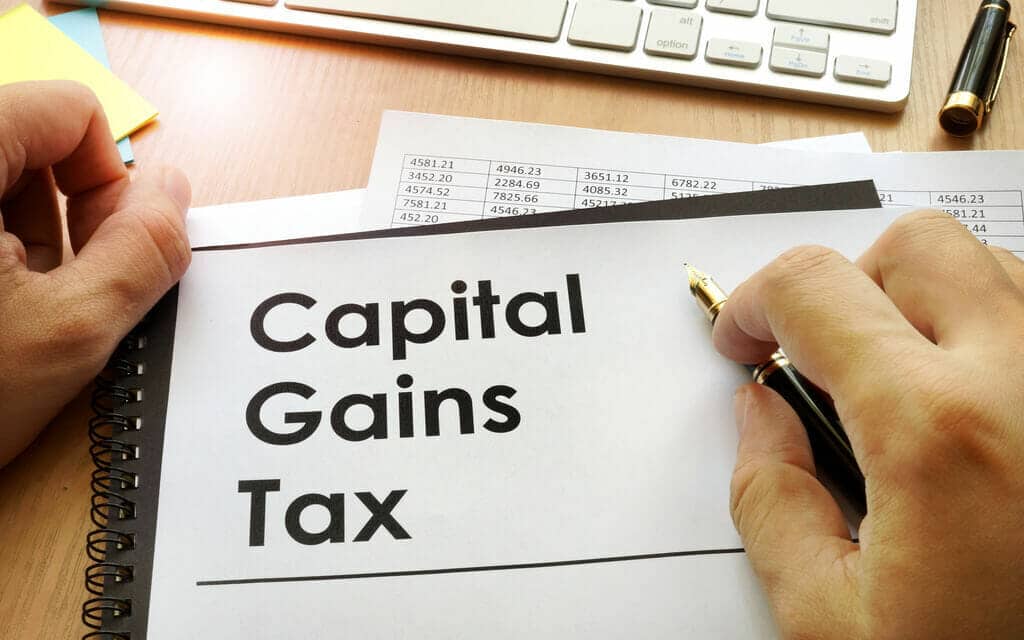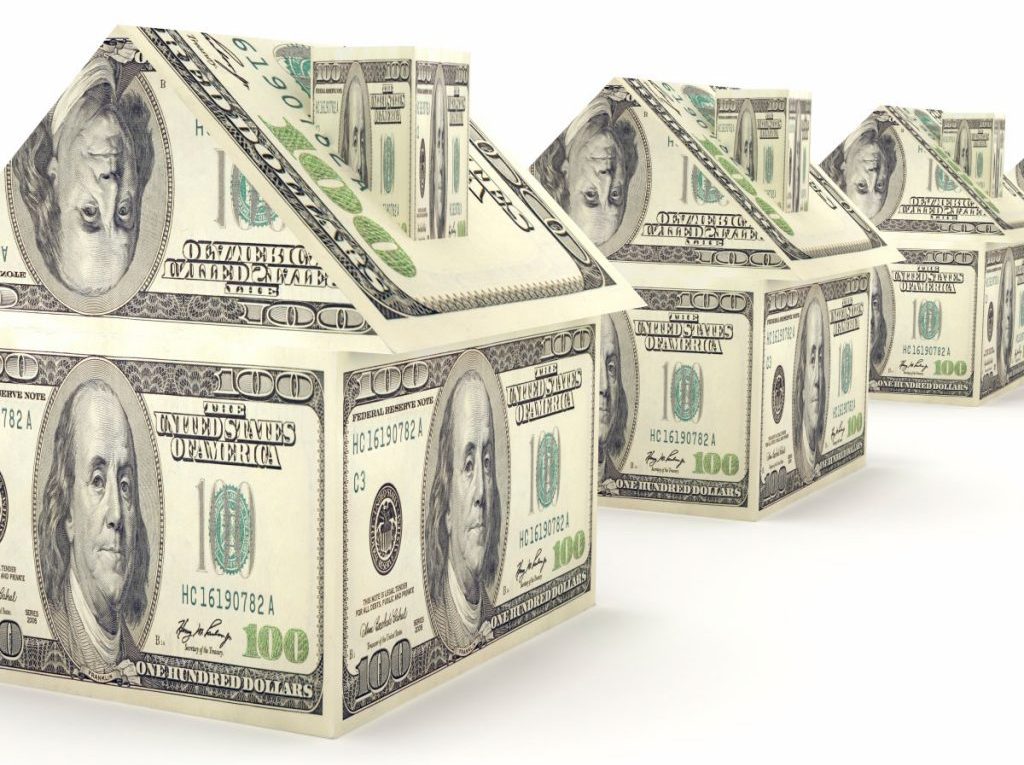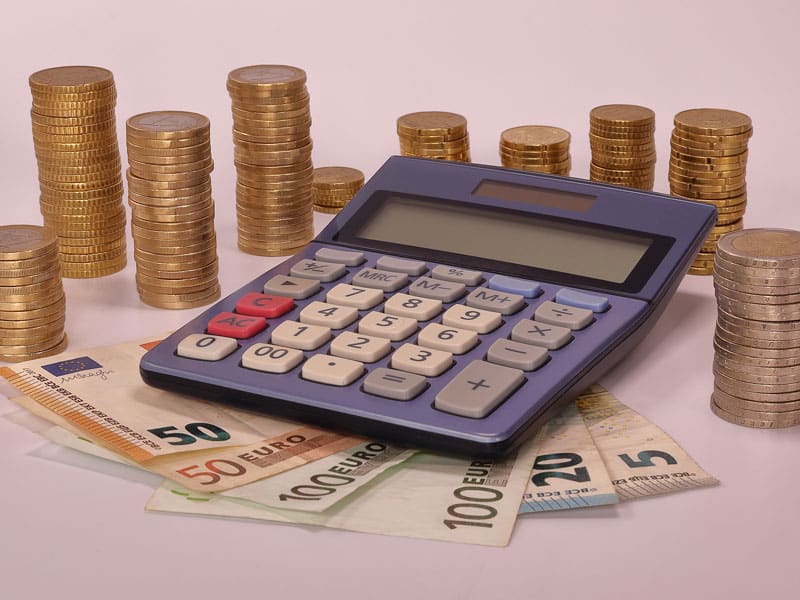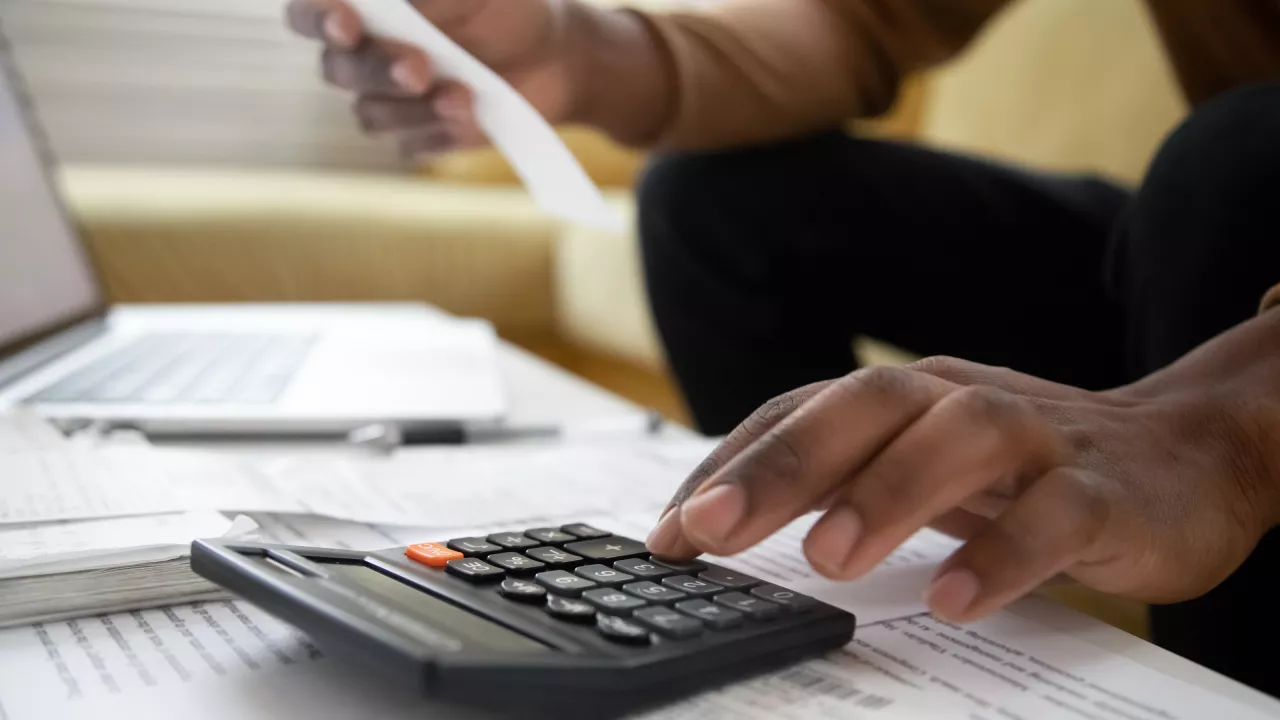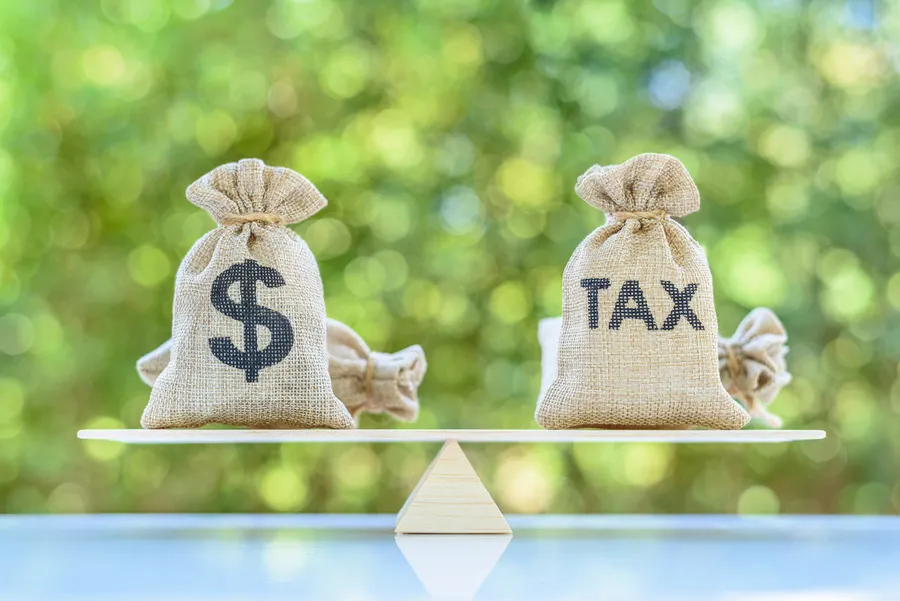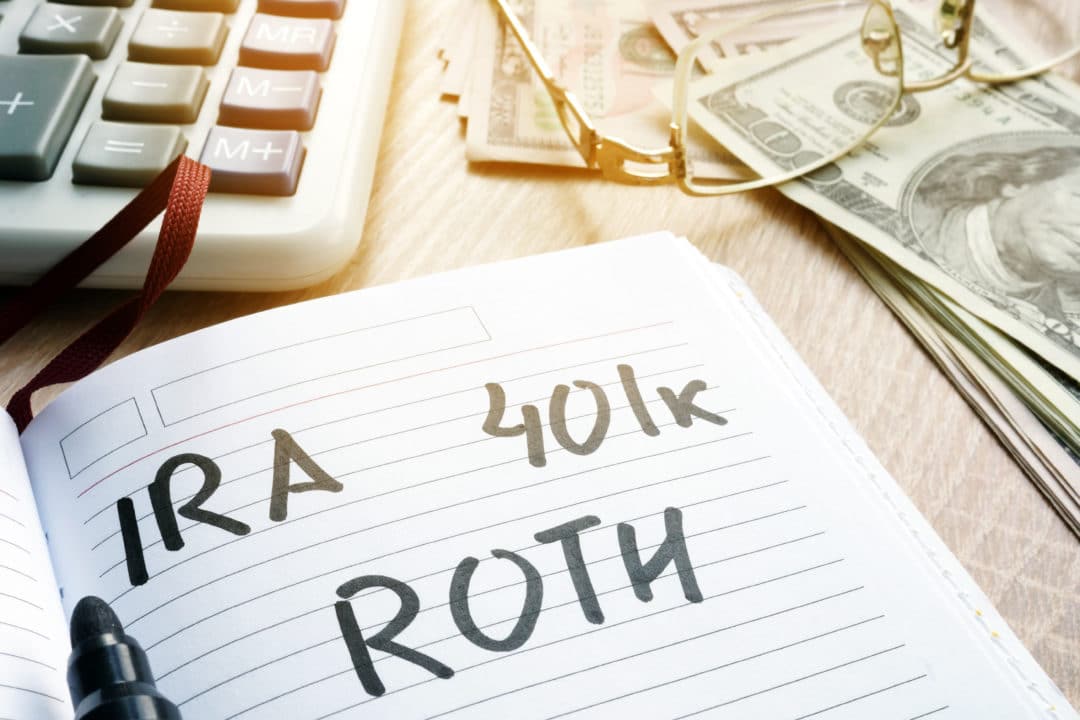Every real estate investor knows many ways to get a return on investment. You can get a return on the initial purchase price, gain through rental income, or make profits when you sell the property. But what about taxes? How do capital gains on rental properties work?
Investing in rental real estate can be a fantastic way to diversify your portfolio. However, you will be subject to certain taxes when you sell your property.
The core principle is simple: If you sell a property for a profit, you owe the IRS tax. But there are other considerations, including whether the asset was a business or for personal use and whether it was an investment or a depreciable asset.
So, let's take a closer look at rental property capital gains and their implications on your investment.
Capital Gains Tax: What Are They?
When you profit from selling an asset because its value has improved, you must pay a capital gains tax. A capital gains tax will be due if you sell a property for more money than you first invested.
Assets in this category include real estate properties, stocks, and bonds since they can all appreciate over time.
The revenue from real estate investments comes in two forms: recurring rental income (taxed in the same year) and capital gains (taxed when you sell or transfer the property).
Furthermore, in real estate, different factors influence the amount of tax you owe. The most common factors are your income tax rate, profit margin, and the length of ownership of the asset.
You probably aren't excited about the idea of paying taxes. But the fact is that you have to pay taxes on real estate investments. Knowing the taxes you might have to pay and how they work will help you avoid problems down the line.
However, the kind of capital gains tax you pay depends on how you hold the property.
Short-term Capital Gains Tax
Selling assets you've owned for less than a year results in short-term capital gains. The income tax rate to your tax bracket will be applied to these gains since they are treated as regular income and are subject to that rate's taxation.
Your short-term capital gains, for instance, will be taxed at 25% if you fall into the 25% tax rate, depending on your income. Most investment properties are exempt from short-term Capital gain taxes since investors generally hold them for more than a year.
But short-term investments such as those in fix-and-flip properties or other such investments are typically subject to short-term capital gains tax.
Fix-and-flip investors aim to buy homes, patch them up, and then sell them right away to turn a profit swiftly. Thus, they don't hold a property long enough to pay long-term capital gains tax.
Long-term Capital Gains Tax
Selling assets you've owned for more than a year results in long-term capital gains. Since these profits are taxable at a lesser percentage than monthly salary, they may be substantially more advantageous when it comes to taxes.
Long-term capital gains rates fall under one of three percentages: 0%, 15%, or 20%. The percentage you will get taxed will depend on your income tax rate. Long-term capital gains are typical of rental properties when investors don't sell their income-producing real estate investment properties within a year.
Long-term investments have a more significant tax advantage than short-term, and there are two main reasons for this:
- First, tax payments made by real estate investors on the net revenue the asset generates, as well as for equipment and facilities, are already made.
- Second, the lower tax rates are also meant to bolster the economy by enticing investors to be more risk-averse.
Calculating Your Capital Gains Taxes Using Cost Basis
Knowing how to calculate your capital gains correctly can help you make the most thoughtful investment decisions. Capital gains tax can be as high as 20% or as low as 0%. But did you know that you can reduce that tax if you know how to calculate capital gains on a rental property using its cost basis?
For tax reasons, an asset's cost basis represents its initial worth. To assess your profit, you must factor in the asset's cost basis when figuring out your capital gains tax.
Since your cost basis will impact how much tax you owe, it's critical that you comprehend what can raise and lower it.
How Your Cost Basis Can Rise
There are some other factors that you should consider aside from a property's initial purchase price. Differences in cost basis can offset capital gains tax liability in various ways.
Investing in real estate entails many different expenses that will raise your cost. All expenses, which you can also include in your cost basis, are connected to formally documenting the purchase of the property.
Some of these expenses include the following:
- Examination and valuation charges
- Appraisal and inspection fees
- Owner's title insurance and recording fees
- Mortgage commission
- Commissions paid to an agent from the sale of your rental property
- Cost of renovations and expansions. Any improvements and upgrades you make to the property.
- Your cost base may be raised through measures that raise the property's value, like a rezoning that permits more construction.
How Your Cost Basis Can Reduce
What could lower your cost basis?
Your cost basis may also be lowered for various reasons, resulting in a higher capital gains tax obligation. Your cost basis may be reduced for the following things, among others:
- You can subtract any damage or deterioration that property experiences over time from your cost basis, but doing so will raise your tax burden.
- If you give an easement over your investment property, the money you get in return will be subtracted from your cost basis.
- Your cost basis will be lowered by any reductions for theft or casualty claims recorded concerning your rental property.
Additional Data Required To Calculate Capital Gains Tax
Your cost basis is just one of the factors you'll need to consider when figuring out your capital gains tax. Other factors include
Net income
The phrase "net proceeds" describes the amount you receive from selling your home after deducting any selling fees, such as closing costs or real estate commissions.
Tax Bracket
Many variables determine your tax burden. For instance, your ordinary income tax rate will apply if you sold the property within a year of holding it. If you held the property for over a year before selling it, your ordinary income tax rate may make you eligible for a reduced capital gains tax rate on the rental property.
Connecting The Dots
Let's take a quick look at how to determine capital gains on a rental property using a simplified scenario.
For this illustration, let's say the investor first performed a fix-and-flip, followed by a buy-and-hold (to capture both short-term and long-term capital gains).
Calculating Short-term Capital Gains Taxes (Fix-and-flip)
If you invest in a fix-and-flip, your capital gains taxes will differ slightly from those of a person who does a buy-and-hold.
On a fix-and-flip, you must first determine your cost basis. This covers the cost of the acquisition, any improvements or repairs you've made, and any costs related to selling the home, like real estate commissions.
You can calculate your capital gains by deducting your cost basis from the net sales proceeds. You can then determine your tax bill by applying your capital gain to your marginal tax rate.
- Let's say you buy the property for $150K and spend $30K on renovations.
- Then, you sell the property for $250K within a year, and your selling expenses total $15K.
- In this scenario, your cost basis is $165K ($150K + $30K – $15K)
- Your capital gain is $85K ($250K – $165K)
- Let's say you're in the 20% income tax bracket based on your tax bracket.
- Your short-term capital gain tax would be $17K (20% of $85K)
Calculating Long-term Capital Gains Taxes (Buy-and-hold)
Your first focus should be long-term capital gains taxes on buy-and-hold investments.
For a buy-and-hold investor, you must determine your cost basis to compute your taxes. This covers the price you paid for the home, fixes or upgrades you've made and costs associated with selling the home, like real estate commissions.
Let's say you buy a rental property for $150K and spend $30K on renovations. Then, you hold the property for ten years before selling it for $250K, and your selling expenses total $15K. In this case, your cost basis is $165K ($150K + $30K – $15K). Your capital gain is $85K ($250K – $165K).
When selling an investment property, if you're filing as a single person and your income was under $459,750 in that year, you'll only be required to pay 15% in capital gains taxes.
Accordingly, your $85K in capital gains would result in a tax obligation of $12,750.
However, there is no assurance that the capital gains tax rate will remain the same for ten years.
How To Lower The Taxes On Your Rental Property's Capital Gains
Capital gains are a topic that real estate investors should know about. Here are a few strategies to cut costs if you want to lower the taxes on your rental property's capital gains.
Familiarize Yourself with The Rental Market
In some states, you must also pay capital gains taxes in addition to the IRS’s capital gains tax. Even if your gross margin profits are smaller than other states, you may still benefit from higher net returns if you invest in states that do not impose capital gains taxes.
You can save hours of your valuable time by using The Short Term Shop's real estate search to discover rental properties and familiarize yourself with various markets.
Put Off the Sale
By renting or putting up your property for lease, you can still receive cash for it now, continue to receive passive income, and receive a different payout down the road. Waiting frees up equity while preventing a significant gain and tax burden.
Put off most of your earnings unless you pay less in taxes or have other losses to use as a tax offset.
Change to a self-directed plan from your 401(k) or IRA. This change enables you to purchase and sell real estate using your retirement account while deferring or generating tax-free returns.
Take Advantage of Section 1031 Exchanges
You should consider using 1031 Exchanges if you want to postpone paying capital gains taxes when you sell your rental property. The money received from selling one investment property is used to purchase another "like-kind" investment property which is processed like an exchange rather than a sale.
For instance, you could use the 1031 Exchange to reinvest the proceeds from selling a single-family home into another single-family home. However, note that this type of exchange cannot work with a commercial structure since it is not a similar property type.
Final Words
If you're a real estate investor, you know that tax season is stressful. The last thing you need is to overpay your taxes accidentally. Many factors determine the outcome of capital gains on a rental property, but you must understand how they work to be in control of your own money.
This process involves researching and seeking professional advice to know what you are getting into.
One of the most crucial things to understand is how capital gains tax work in your state. Working with a professional real estate agent familiar with various rental markets can make navigating the world of rentals easier.
The Short Term Shop helps investors understand different rental markets and find the best deals in a cinch!
